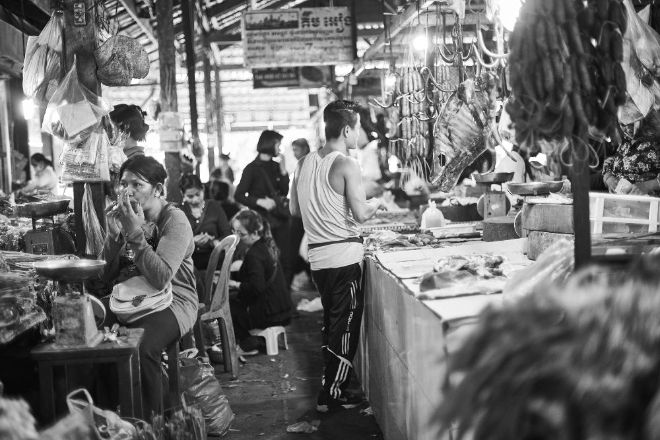This webinar can be viewed here:
Webinar Format
This webinar will be a 30-minute conversation between Professor Andrea S. Winkler and Dr. Chris Waltzer followed by a 30-minute open Q&A session. All participants must register (below) for the webinar in order to receive the zoom link. Please note that this webinar will be recorded and distributed to those who registered but were unable to join.
Topic
The COVID-19 coronavirus has catapulted across the ever-evolving interface between humans and wild animals, generating global impact and alarm. Quarantines have been imposed, and borders have been closed. Free movement of people, the pursuit of normal daily routines, economic well-being — and in too many instances, health and even life itself-have been dramatically curtailed by a virus causing a disease that was unknown and unnamed only a few months ago. To reduce the likelihood of future pandemics, we need to rethink our relationship with wild animals and the environment that we all share. Here, we need to change behaviors and practices to mitigate human risk while minimizing ecosystem disruptions, allowing the environment to perform its innate buffering services. The value of keeping ecosystems that bump up against human activity intact cannot be overemphasized. Just as we created the conditions that led to the current pandemic, we can create the conditions to minimize future risk.
Speakers

Dr. Chris Walzer is a board-certified wildlife veterinarian, Executive Director of Health at the Wildlife Conservation Society and Professor for Conservation Medicine at the University of Veterinary Medicine in Vienna, Austria. During the past two decades he has worked in the Gobi region of Mongolia linking wildlife health with the conservation of the Przewalski’s horse and the Asiatic wild ass. Chris has an internationally recognized expertise in working with wildlife, especially megavertebrates, carnivores and primates gained from combined years of leadership and research in Europe, Asia and Africa. He has authored more than 100 peer-reviewed research publications, numerous book chapters and lectures widely in the field of wildlife health and biodiversity conservation. Dr. Walzer is the recipient of several research and service awards most notably the Distinguished Environmentalist Award from the Mongolian Ministry of Nature and Environment.

Professor Andrea S. Winkler is the Director of the Centre for Global Health at the Faculty of Medicine, University of Oslo and the Co-director of the Center for Global at the Department of Neurology, Technical University of Munich. She is also a professor at the Department for Community Medicine and Global Health at the Institute of Health and Society, University of Oslo. She is a medical doctor with a specialist degree in neurology, who has practiced in various medical specialties for more than 20 years. Her research interest lies with poverty-related diseases of the infectious as well as non-infectious nature, zoonotic diseases with the ensuing One-Health concept, global mental health/neurology and global digital health. She chairs the Lancet One Health Commission (together with Dr. John Amuasi, KCCR, Ghana) with offices in Norway, Germany and Ghana.
This webinar will occur on April 22nd at 14:00 (CET) via Zoom. Participants must register in order to receive the webinar zoom link.
